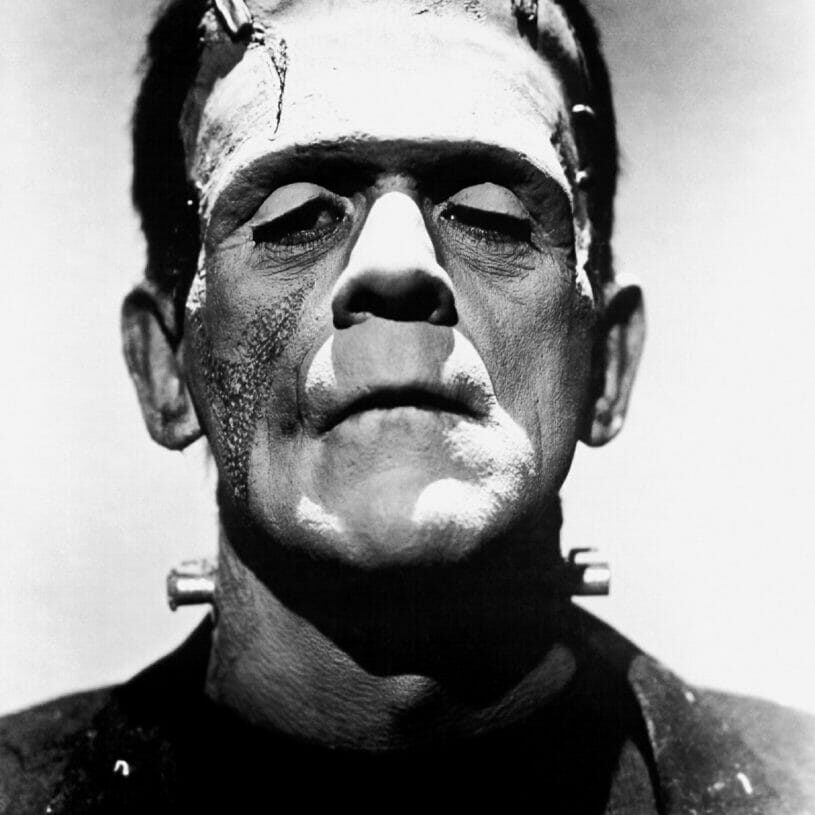
The hype behind the horror
Why are we still invested in horror movies?
With Halloween right around the corner, horror movies are more popular than ever, leading to the question: what it is about them that captivates its viewers? Is it because we are secretly masochists? Do we enjoy subjecting ourselves to things that terrify us?
After polling 20 Dalhousie University students on campus about watching horror movies, it was revealed that 65 per cent of those students enjoyed them on a regular basis, with a further 15 per cent stating that they watched them occasionally.
When asked what it was that they liked about horror movies, answers varied. Some said it was the jump scares, while others said it depended on how realistic the film felt, or whether or not it was based on a true story.
“The scariest thing about them is how they can affect you psychologically afterwards,” says Melina Fleming, a second-year Marine Biology student, “Those moments where you imagine the horror is following you in your real life.”
Faidat Olatunbosun, a second-year psychology student and horror movie connoisseur, favors the adrenaline rush. “I just love the thrill, you know. It reminds me of being on a rollercoaster ride,” they said. “I’ll be scared, but I like the feeling of being scared. That’s what makes it a rush.”
This appears as a popular opinion among Dalhousie students. When asked why they love horror movies so much, 58 per cent attributed it to an adrenaline rush.
However, while the recipe for a good horror movie might be subjective, it’s not enough to just be scary anymore.
Horror movie buffs can tell when a new flick is trying too hard.
“A lot of horror movies these days just place a few basic jump scares on a crappy plot,” says Chichi Mugavazi, when expressing her dissatisfaction with recent horror releases. “If I’m not attached to the characters or if I don’t care about what’s happening, then it doesn’t feel authentic. The whole thing just falls apart.”
History of Horror
Standards for horror movies have certainly risen since the first horror film came out in 1896.
Le Manoir du Diable, or The Haunted Castle, was a three-minute silent picture filmed in the garden of influential early French filmmaker, Georges Méliès. It may appear as a minnow in a sea full of sharks compared to the big blockbuster films of today, but it was pivotal for not only being one of the first films ever made, but for being the first film to depict elements of the supernatural.
Le Manoir du Diable can be attributed to shaping some of the horror movies of the mid-20th century, which primarily focused on supernatural creatures like Frankenstein or Nosferatu. But the genre has since reinvented itself.
We don’t generally see horror movies about monsters anymore.
Nowadays, the films making their way to the big screen focus on our own reality. For instance, Get Out – a movie about a Black man whose White girlfriend’s family runs an operation of transplanting the brains of elderly White people into the bodies of young Black people – is equal parts horror, dark comedy and social commentary.
“Most movies that say they are based on a true story, or feel like they could happen in real life, are more impactful,” says Olatunbosun. “They get you thinking about people you know or situations you’ve been in and you feel like this could happen to you. That’s what terrifies me, but it’s also what keeps me invested.”
Whether you love them or hate them – or love to hate them – horror movies inspire a sense of admiration and fear. They are gripping in their twisted, macabre tales and are constantly evolving, pushing the boundaries to test the limits of their audience. They keep us coming back with the promise of the unexpected, or something bold and never before seen.
“I want to be afraid; I want to be on the edge of my seat,” says Mugavazi, laughing over the strangeness of her own words. “If a movie can do that, then it can take my money.”






